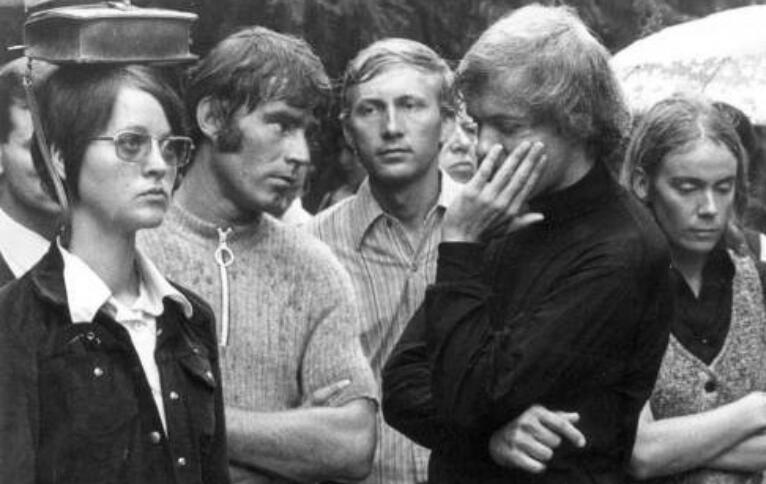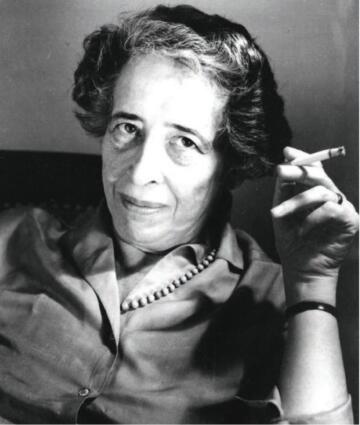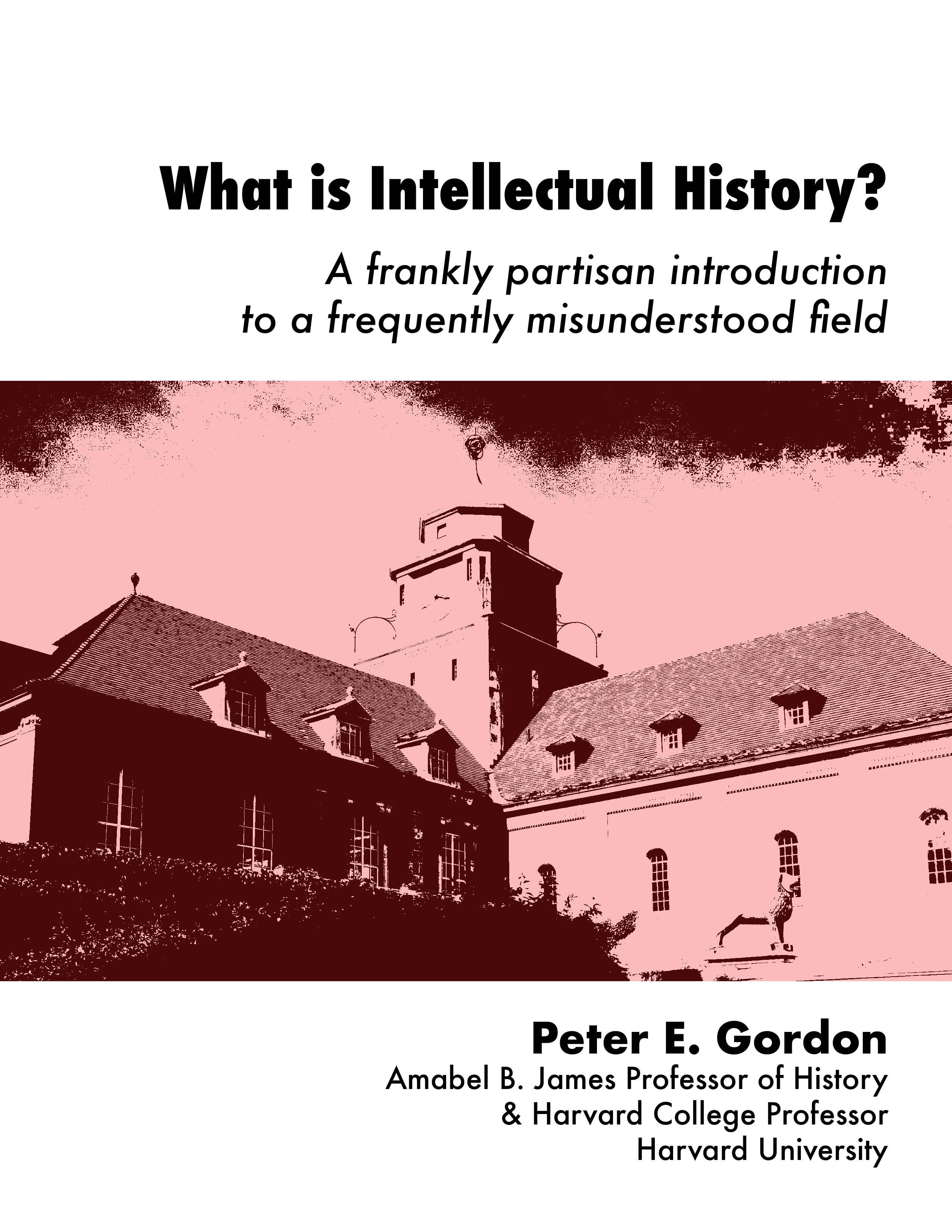Intellectual history is a diverse and thriving field of inquiry that emphasizes the transformation of ideas, ideologies, intellectuals, and scholarly institutions over time. Harvard’s Department of History is home to a great many intellectual historians. For sheer number, there are perhaps more of us here than at any other single department in Europe or North America, joined by affiliated faculty in Harvard's Department of Philosophy, in the Department of Government, and History of Science. We work on topics spanning the centuries and crossing the globe, from Asia to the Americas and from Ancient Greece to Modern Europe.
The Harvard Colloquium for Intellectual History

Studying Intellectual History at Harvard


Undergraduates at Harvard can choose intellectual history as their chosen field of specialization within the history concentration. Graduate students can designate fields for intellectual history in a particular time and place.
Events Calendar
Each year, the Harvard Colloquium on Intellectual History holds discussions and conferences of interest to intellectual historians. To view the events calendar, visit the website of the Minda de Gunzburg Center for European Studies at Harvard.
Intellectual History Events Calendar
Join the Colloquium's Listserve
If you are interested in learning more about the events and conferences organized by the Harvard Colloquium for Intellectual History, we encourage you to join the listserve.
Directory of Intellectual Historians
Resources
What is Intellectual History at Harvard?
Intellectual history is an unusual discipline, eclectic in both method and subject matter and therefore resistant to any single, globalized definition. Because intellectual historians are likely to disagree about the most fundamental premises of what they do, any one definition of intellectual history is bound to provoke controversy. In the essay below, Peter Gordon, Amabel B. James Professor of History at Harvard, offers a few introductory remarks about intellectual history, its origins and current directions.

